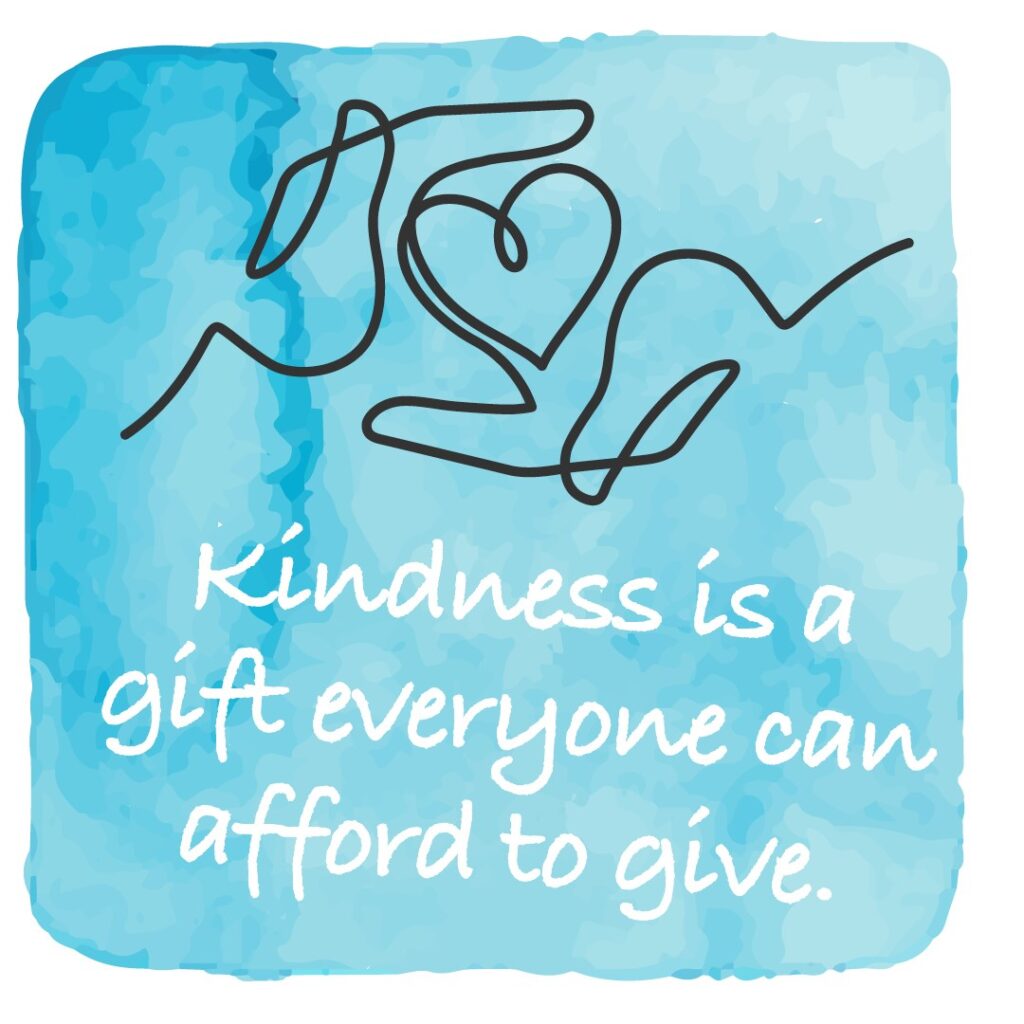Forgiveness and kindness are two of the most powerful virtues that can transform relationships, improve mental well-being, and create a more compassionate world. Whether in personal relationships, workplaces, or communities, practicing forgiveness and kindness can lead to stronger bonds, reduced stress, and an overall sense of peace. In this article, we will explore the importance of forgiveness and kindness, how they contribute to personal and social well-being, and practical ways to incorporate these virtues into everyday life.
The Meaning and Importance of Forgiveness
Forgiveness is the conscious decision to let go of resentment, anger, or bitterness toward someone who has wronged you. It does not mean forgetting the wrongdoing or excusing harmful behavior, but rather, it allows you to free yourself from the emotional burden of holding onto grudges.
Why is Forgiveness Important?
- Improves Mental Health – Holding onto anger and resentment can lead to stress, anxiety, and depression. Practicing forgiveness helps reduce negative emotions and promotes emotional healing.
- Strengthens Relationships – Forgiving others allows relationships to heal and flourish. It fosters trust and understanding, helping individuals move forward without resentment.
- Promotes Physical Health – Studies show that people who practice forgiveness have lower blood pressure, improved heart health, and a stronger immune system.
- Encourages Personal Growth – Forgiving others helps individuals grow emotionally, developing patience, empathy, and a deeper understanding of human nature.
The Role of Kindness in Everyday Life
Kindness is the act of showing compassion, generosity, and understanding toward others. Even small acts of kindness can have a profound impact on people’s lives, creating a ripple effect that promotes positivity and well-being.
The Benefits of Practicing Kindness
- Enhances Happiness – Acts of kindness release feel-good hormones like serotonin and dopamine, boosting mood and overall happiness.
- Reduces Stress – Helping others can reduce stress and anxiety, creating a sense of purpose and fulfillment.
- Builds Stronger Communities – When people practice kindness, it fosters a culture of empathy, trust, and support within communities.
- Inspires Others – Kindness is contagious; when people witness acts of kindness, they are more likely to practice kindness themselves.
How Forgiveness and Kindness Work Together
Forgiveness and kindness are interconnected. Forgiving someone is an act of kindness, both to the person being forgiven and to oneself. When people choose to forgive, they extend compassion and understanding, which helps heal emotional wounds.
For example, if a friend betrays your trust, choosing to forgive them rather than holding onto resentment allows you to move forward without negativity. At the same time, practicing kindness by offering support, understanding, or even a simple smile can help repair relationships and foster a more positive environment.
Practical Ways to Practice Forgiveness and Kindness
-
Let Go of Grudges
Holding onto grudges only harms you in the long run. Make a conscious effort to release negative emotions and replace them with understanding and acceptance.
-
Show Empathy
Try to understand the perspective of others, even if you have been hurt. This can make forgiveness easier and improve relationships.
-
Practice Random Acts of Kindness
Small gestures like holding the door for someone, complimenting a stranger, or writing a kind note can brighten someone’s day and encourage a culture of kindness.
-
Apologize and Make Amends
If you have wronged someone, take responsibility for your actions, offer a sincere apology, and make amends. This fosters mutual forgiveness and strengthens relationships.
-
Be Kind to Yourself
Self-forgiveness is just as important as forgiving others. Acknowledge your mistakes, learn from them, and be kind to yourself instead of dwelling on past regrets.
-
Engage in Mindfulness and Gratitude
Practicing mindfulness not only helps you stay present but also prevents you from dwelling on negative emotions. Similarly, gratitude fosters appreciation for the good in life, making it easier to let go of resentment.
-
Encourage a Culture of Kindness
Encourage kindness in your workplace, family, or social circles by setting an example. Recognize and appreciate acts of kindness in others.
The Scientific Perspective on Forgiveness and Kindness
Research has consistently shown that forgiveness and kindness have significant psychological and physiological benefits. Studies from Harvard and Stanford have demonstrated that people who practice forgiveness experience lower levels of stress and improved overall well-being.
Similarly, kindness triggers the release of oxytocin, a hormone that promotes bonding and reduces blood pressure, leading to better heart health. These findings reinforce the importance of incorporating forgiveness and kindness into daily life.
Overcoming Challenges in Practicing Forgiveness and Kindness
While forgiveness and kindness are beneficial, they can be difficult to practice, especially when faced with deep emotional wounds or ongoing conflicts.
-
Dealing with Betrayal and Hurt
If someone has deeply hurt you, forgiveness may take time. It is important to process emotions, seek support from loved ones, and approach the situation with patience.
-
Setting Boundaries
Forgiveness does not mean allowing harmful behavior to continue. It is essential to set healthy boundaries while still practicing kindness and understanding.
-
Avoiding Self-Doubt
Sometimes, people feel that showing kindness may make them appear weak. However, true kindness requires strength and courage. Recognizing the power of kindness can help overcome such doubts.
Conclusion about Forgivness and kindness
Forgiveness and kindness are essential virtues that not only improve personal well-being but also contribute to a more compassionate and harmonious society. By making a conscious effort to practice forgiveness and kindness in our daily lives, we can heal emotional wounds, strengthen relationships, and create a positive impact on the world around us.
Incorporating these values may not always be easy, yet the long-term benefits far outweigh the temporary struggles. After all, by choosing forgiveness and kindness, we cultivate inner peace, encourage empathy, and inspire others to do the same. Ultimately, let us all strive to make the world a better place—one act of forgiveness and kindness at a time.



